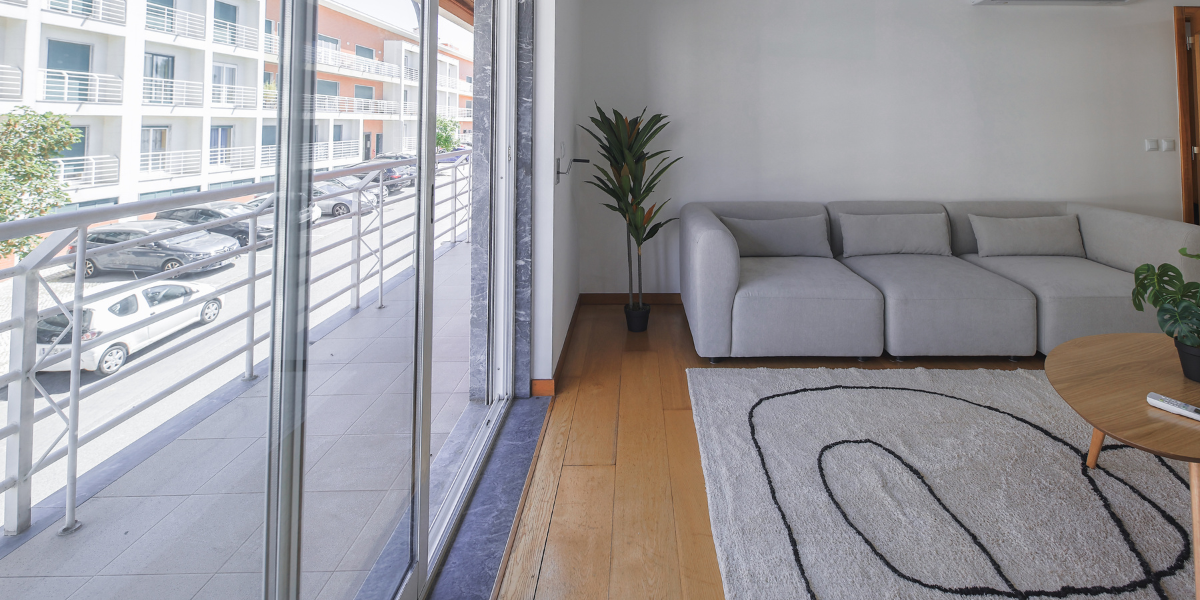Air Apps Introduces Subsidized Employee Housing in Lisbon, Impacting Rental Market Dynamics
A notable development in Lisbon's rental market has been announced by the tech firm Air Apps, which has launched a corporate housing program called 'Air Living'. The company will now offer employees apartments at rental prices 50% below current market rates, a move that directly addresses the city's housing affordability crisis and introduces new dynamics for property investors to consider.
The announcement specifies that the initial phase includes a portfolio of one to three-bedroom apartments located within a four-kilometer radius of the company's main office in Lisbon. This initiative represents a significant price movement in a localized segment of the rental market, effectively creating a subsidized rental tier for its employees. This could influence rental price expectations and competition for available units in surrounding areas. For a broader view of price trends, visit our Market Insights page.
The primary factor contributing to this corporate intervention is the high cost of housing in Lisbon, which has become a barrier to attracting and retaining talent. Real estate agency reports have consistently highlighted rising rental prices across the city, driven by high demand from both locals and expatriates. Air Apps' program is a direct response to this market pressure.
Need Expert Guidance?
Get personalized insights from verified real estate professionals, lawyers, architects, and more.
This trend could influence buyer and seller behavior, particularly for investors focused on buy-to-let properties. Landlords in areas with a high concentration of tech employees may face indirect competition with such corporate programs. The mortgage market's response is not yet clear, but lenders may view corporate-backed rental agreements as a stable income source for landlords who partner with such companies. Our guide on financial concerns can be a useful resource.
The program could be compared with similar corporate housing initiatives in other global tech hubs, where companies play an active role in the local housing market. Property developers may also see an opportunity to partner with large companies to build dedicated residential units, altering the landscape of new construction projects. The local government has not yet commented on the initiative, but it could be seen as a private-sector solution to a public policy challenge.
The market timing for this initiative is critical, as it comes when housing affordability is a major political and social issue in Portugal. The expected trajectory is that other large companies may follow suit, potentially leading to a more segmented rental market in Lisbon. Stay informed on Lisbon property market developments at realestate-lisbon.com.





